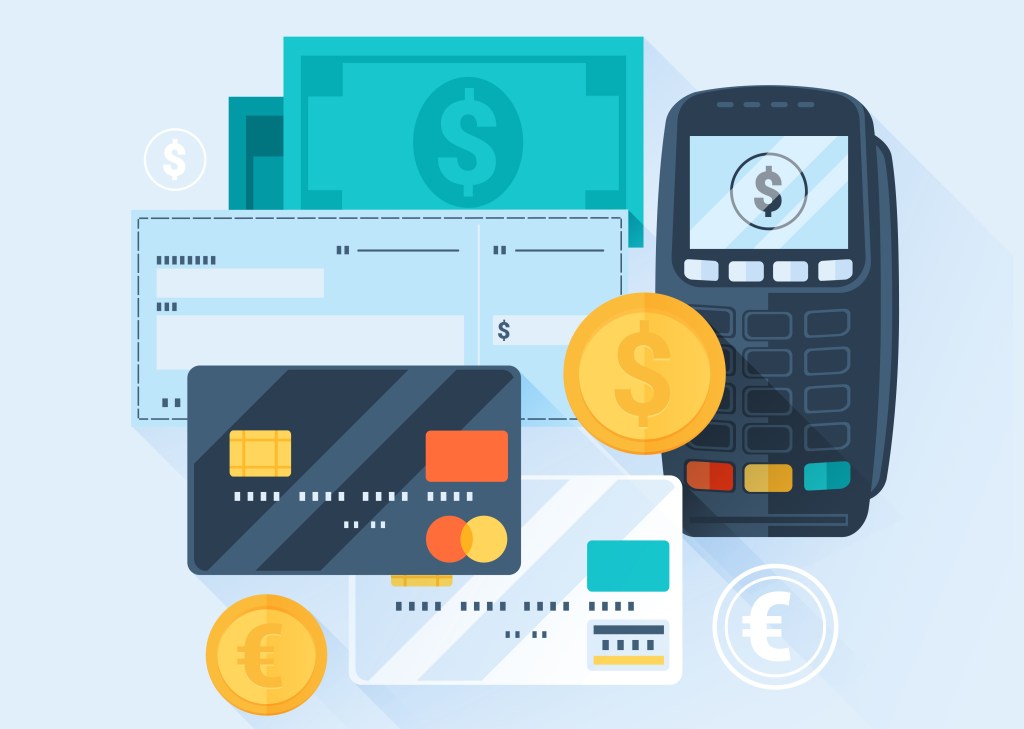Himanshu Sareen
Editor’s note: Himanshu Sareen is the CEO of Icreon Tech, a New York-based global IT consultancy delivering business solutions and custom applications.
When Apple Pay went live following the release of the iPhone 6, it was quickly and unceremoniously hailed as a “credit card killer.” That makes sense to an extent: As a payment method, the credit card has lost whatever futuristic luster it may have once had. But here’s the problem: If you’ve ever actually used Apple Pay, you may have noticed that it isn’t actually all that convenient, even in comparison to a credit card.
At most, users might save about 10 to 15 seconds they’d have typically spent removing their cards from their pockets or purses. On its own, this isn’t nearly enough to kill the credit card as the king of payments. While not everything about Apple Pay has been overhyped — the fingerprint scanner is an absolute godsend for App Store purchases — it’s not quite as disruptively convenient as it’s been cracked up to be.
But I don’t want to undermine the significance of mobile payments, either. The truth is, there is a big shift happening here: Credit cards are on their way out, and digital payment methods are poised to take over. The problem is that people have zoomed in way too closely on Apple Pay as the catalyst for a digital payments revolution when really, these changes are occurring on a macro level and have been for a while now.
From Venmo to Uber to Snapchat, we are watching the payment landscape undergo some massive shifts, all of which point toward one overarching result: The gradual downfall of what I call “transactional uniformity.”
The Problem with Payments
Our traditional understanding of currency is extremely narrow: We use cash, we use credit cards, and every once in a while, when things get really bad, we’re forced to use checks. What ends up happening as a result of this view is that we have very little conception of money as a flexible tool. Instead, we shoehorn its functionality into exceedingly narrow spaces, and this creates problems.
When we rely too much on our credit cards, we struggle at cash-only local stores or can’t pay our friends back when they spot us for something. Conversely, when we rely too much on cash, we run the risk of misplacing it or, as often happens, underestimating the amount we actually needed for a night out.
Mobile wallets are one nice way of replacing the credit card, but the idea that they’re going to single-handedly change the way we make payments is sorely off-base. This view of mobile wallets as a mere credit card killer fails to acknowledge that the credit card isn’t the problem: Instead, the problem is a lack of options, and this is something that even Apple Pay won’t be able to solve.
A More Comprehensive Payment Paradigm
Luckily, the solution to this problem has been in the works for years now; we’ve simply failed to acknowledge it as such. For making quick payments to friends, Venmo or PayPal are more convenient than cash. For car rides, we have apps like Uber and Lyft which practically eliminate transactional friction. Even for more specialized use cases, like paying for drinks at Starbucks, we can scan our phones and track rewards using the app.
In actuality, the shift from transactional uniformity to transactional modularity will involve a lot of smaller-scale changes that will eventually add up to a more diverse payment landscape. We’ll begin to see payment itself as a flexible tool, not limited to any one place or platform.
There will always be a few payment types that we view as go-to methods for purchasing things, and credit cards are most likely on their way out as one of those payment types. But even Apple Pay or Google Wallet will never become the be-all-end-all of payment methods. We’ll still have more specific payment needs, and we’ll still have situations in which even our mobile wallets won’t quite provide the conveniences we need.
Luckily, we have new apps and technologies that are stepping up to fill those voids. So sure, we may have “credit card killers” on the horizon, but they’re only part of the bigger picture — and we’ll have to recognize that if we ever want to get ahead of the trend.






























Comment